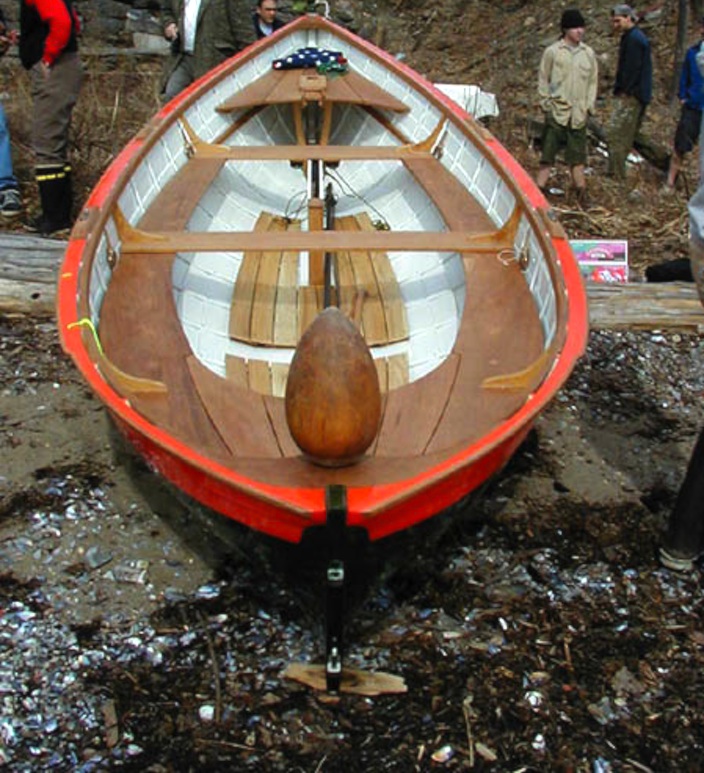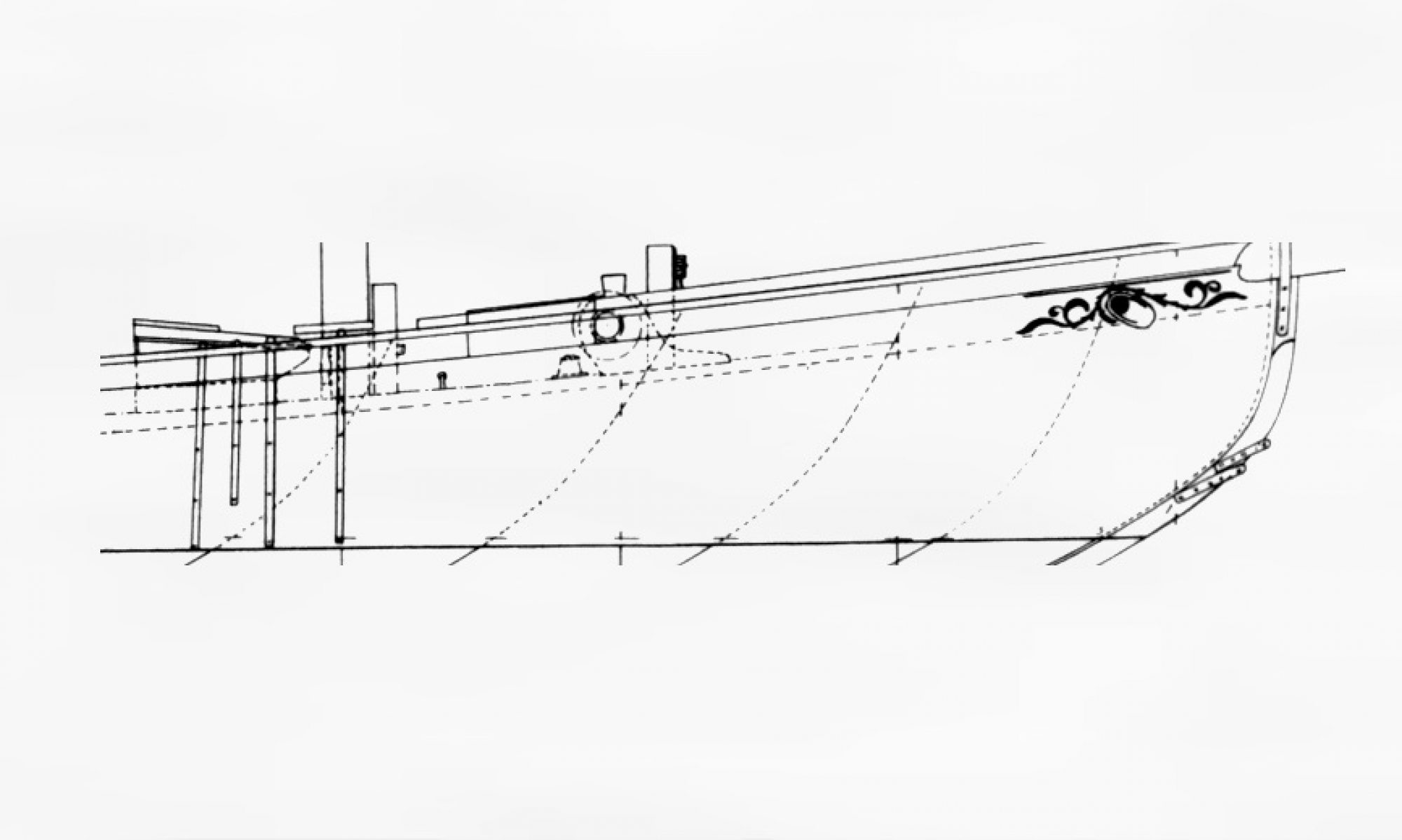
Craft, like Art, has been in exile for a long time, put in a ghetto where it’s been held at the mercy of wealth. In a way I suppose we should be grateful, they might have disappeared entirely without patronage; but on the other hand, if it hadn’t been for the creation of poverty and its spread due to the depredations of “wealth generation,” Art and Craft might have remained vibrant, integrated aspects of life.
One of the most dispiriting concerns I have – in a time of plenty in this regard! – has been the way so many who should know better continue to confound Craft and Technology. The epitome of this might just be the hallelujahs surrounding the advent of the 3-d printer. I don’t share in this enthusiasm.
I suspect that the extremes of our mania for the easy have to do with our fatigue at the level of futility we are faced with today. Still, it’s precisely the wrong response. If we are confronted with the futility of so many of the “opportunities” we confront then we need to learn from that and turn our attention elsewhere, not beat ourselves to death against what our organism recognizes as a dead end. The worst thing to do when confronted with futility is to push ahead! The spirit we break is our own. Then, exhausted, we crave easy. At that point we’ve given up. Welcome to the Zombie Horde!
The response to futility is to find meaning and then express it. This is never easy. At a time like this when we are losing traditions and entire bodies of practice are disappearing, we need to be direct and focused in our search for ways to accomplish this. We will not simply fall into a chance!
What we do have in our favor is, paradoxically, the extremity of our situation. There has never been a time when people have faced a situation like this with so much evidence of how deep the flaws go. The visibility of global collapse means that we cannot fall into knee-jerk responses that throw us right back into the same mess once again without succumbing to a willful blindness concerning what is at stake. Of course this means that many will do just that! But we have a chance, no previous generation has had, to see how much is broken and reach so far afield in making connections regarding what can be done. I’d just like to warn that chasing after 3-d printing, or any technological fix, is missing the point by a long shot!
Craft is Technology in Context. This sentence came to me last night on hitting the pillow. It strikes at the heart of what may seem a complex and overly-subtle distinction between these two terms and what they represent. When we look at what we know how to do as simply technology, we are missing a significant point. By this declaration alone we are abdicating any possibility for meaning in what we do and have already fallen into the trap of the prison of desire. Consumerism is one possible end for this path, at least it’s been the one we’ve taken. Technology on its own has no context. It fills that void in two ways. It plants efficiency, a circular logic that claims there is rigor in doing things in as ruthless and monomaniacal a manner as possible, in the place of meaning as an organizing principal. Then, casting about for a reason to do what it does, it elevates desire to take the place of meaning.
If there is no reason for doing something beyond wanting to, then we get what we have so much of. We get atomization which drives us to distinguish each tiny variation of possible desires and then allow their holders unlimited justification for whatever costs accrue simply because they want it. This mechanism is elevated to the level of a simulation of virtue. Banners on both ends of our political sea-saw proclaim the nobility of one aspect of desire over its “opposite.” Righteousness and justifications abound!
This complex distraction is not surprising given the circumstances. We need meaning, and if the pathways to it are blocked we will compensate. The trouble is whenever we compensate reflexively for a true loss we tend to replace what is missing with some form of addiction. Intoxication takes the place of satisfaction and the whole process is self-propelled.
Meaning doesn’t exist in a vacuum. It cannot be formed outside of a context. When we are stressed and sick from a lack of meaning we are ill-equipped to deal with our lack of context. Even in the best of circumstances it requires disciplined attention to wrest meaning from our roiling perceptions and our propensity to fall into delusion.
How do we find and develop and maintain a relationship with meaning and its contextual container? The short answer is through practices that focus our attention and build our strengths.
These fall into three broad categories. There are practices that focus internally on how we can strengthen our organism and integrate our bodies, mind, and spirit. There are practices that give us an arena in which to confront creativity directly and generate and share meaning, and there are practices that connect what we do with the other two. The first type may be lumped together under personal hygiene or health. The second deals with Art, and the third is the realm of Craft.
Seen in this way a Craft is a practice in which we deal with questions of physical needs and how we meet them within the contexts of our ambient environment and its constraints, while connecting what we do to the context of meanings derived from our organism’s requirements, including our need to have and express deep meaning in what we do.
This cuts through all the accumulation of crap justifications for doing things well that have built-up over time. We don’t “Live to work out!” We don’t make Art to “Get rich and famous!” We don’t follow a Craft either “As a hobby!” or to “Make money.” We pursue these paths because in combination they fulfill us and make our lives worth living. In this, each aspect presents an awesome responsibility. When we approach Craft we are dealing with the realm of what is physically needed in confrontation with what is possible. We cannot know either of these well without the benefits of all three forms of practice. Within Craft itself we wrestle technology into context.




2 Replies to “Craft is Technique with Context”